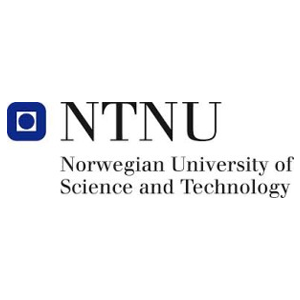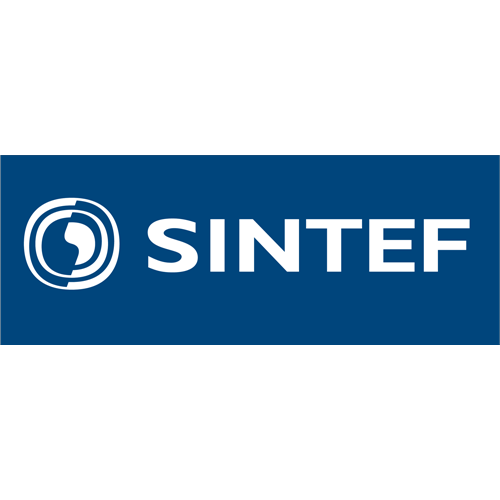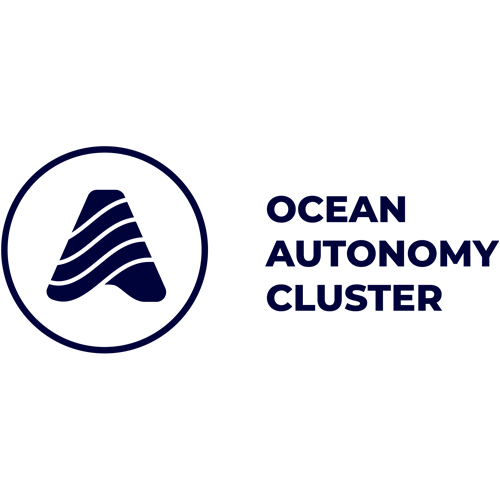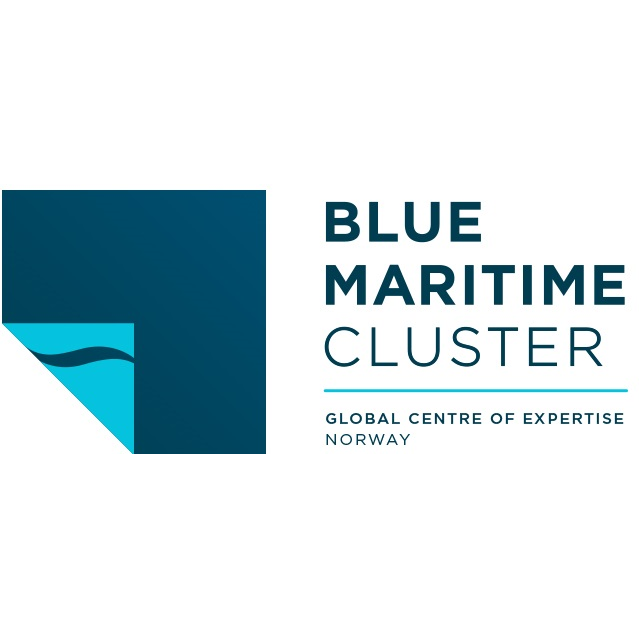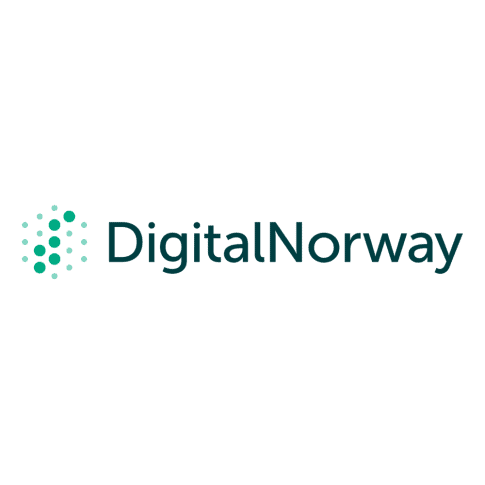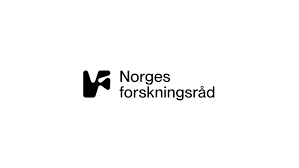R&D PROJECT
MIDAS - HUMANS IN FUTURE OCEAN OPERATIONS
Project period: 2022 - 2028
Maritime technology is developing rapidly, and autonomy, digitization, and processing of large amounts of data can have a profound impact on the actors in the maritime sector. This presents complex challenges that slow down market maturation. Regulatory authorities and other stakeholders need help to keep up with technological developments, and the human aspect may be downplayed.
When autonomous maritime technology is introduced to a market, many assume that humans will become redundant. But on the contrary, increased autonomy and automation will lead to the human role in the system becoming far more critical. This is also known as the automation paradox.
The MIDAS capacity initiative - 'humans in future maritime operations' - addresses the role of humans in connection with tasks at sea where autonomy and automation are given an ever-increasing place. The project comprises partners and representatives in technology, design, and business development from academia, the research environment, and business.
NTNU represents all three areas through interdisciplinary participation from various departments; SINTEF Digital brings in expertise in human factors in digitalization, DNV brings heavy expertise in class companies, while the three clusters Digital Norway, Ocean Autonomy Cluster, and Blue Maritime Cluster collectively represent 150 companies within the digital and maritime industry. The ambition is to strengthen central Norwegian businesses’ innovation capacity, development, and export of autonomous sea space technology.
Work packages
The project collaboration is divided into five work packages:
- project management and dissemination;
- human factors; trust in autonomy;
- business development, commercialization
- internationalization; new methods in design and business development
- student cooperation and recruitment for Central Norway.
During the project’s first year, two "Experts in team" villages were established at NTNU, which address topics related to the role of humans in future maritime operations and the possibilities of gaming technology. One of several planned hackathons with students, a student competition for autonomous systems, 20 student project collaborations, and three master's theses have also been completed. EduRov, a separate drone kit for homemade drones, is being further developed to be included in secondary education to arouse interest in autonomous technology with simple means.
MIDAS has also associated a Ph.D. candidate and a professor II position at NTNU. SINTEF's professional network, "Human factors in control,” is also associated with MIDAS and organizes conferences and meetings throughout the year.
MIDAS Academy
MIDAS ACADEMY is a competency platform for those who will be working with the maritime operations of the future. It is a result of the project The Human in Future Ocean Space Operations (MIDAS).
It offers:
- Competence development at four different levels
- Targeted and needs-based learning journeys tailored to individual requirements
- Pedagogical and subject-didactic integration of AI in courses
- A seamless learning journey across providers, leveraging the strengths of each provider
Contact
Project leadership and work package coordinators
Administrative project leader
Project Manager, NTNU Department of Marine Technology
alexandra.neyts@ntnu.no
+47 918 97 573
Trust in autonomy

Ole Andreas Alsos
Associate Professor / Vice Dean for Innovation and Dissemination
Department of Design, Faculty of Architecture and Design, NTNU
oleanda@ntnu.no
+47 915 44 825
Human factors in autonomy

Christoph Thieme
Research Scientist, Sintef Digital
christoph.thieme@sintef.no
+47 45 16 58 11
Business development and commercialization

Øyvind Strand
Professor, Department of International Business, NTNU in Ålesund
oivind.strand@ntnu.no
+47 977 43 998
Internationalization, new methods in design and business development

Annita Fjuk
Digital Norway
annita.fjuk@digitalnorway.com
+47 900 84 698
Student cooperation and recruitment for Central Norway
-1-1.jpg?width=313&height=313&name=Frode%20Halvorsen%20Ocean%20Autonomy%20Cluster%20Foto%20Lars%20Bugge%20Aarset%20(8)-1-1.jpg)
Frode Halvorsen
Manager, Ocean Autonomy Cluster | Fremtidens Industri
frode@fi-nor.no
+47 918 45 969
Communications
 Lars Bugge Aarset
Lars Bugge Aarset
Communications advisor, Ocean Autonomy Cluster | Fremtidens Industri
lars@fi-nor.no
+47 926 88 888
MIDAS Steering Committee
- Pierre Major, Blue Maritime Cluster
- Jon Arne Glomsrud, DNV
- Magnus Ressem, NTNU FIE
- Edmund Brekke, SFI Autoship
- Marte Abelsen Strømmen, NTNU Avd. utdanning
- Maria Ottermo, SINTEF Digital
- Lars Onsøyen, NFR (observatør)
Partners
